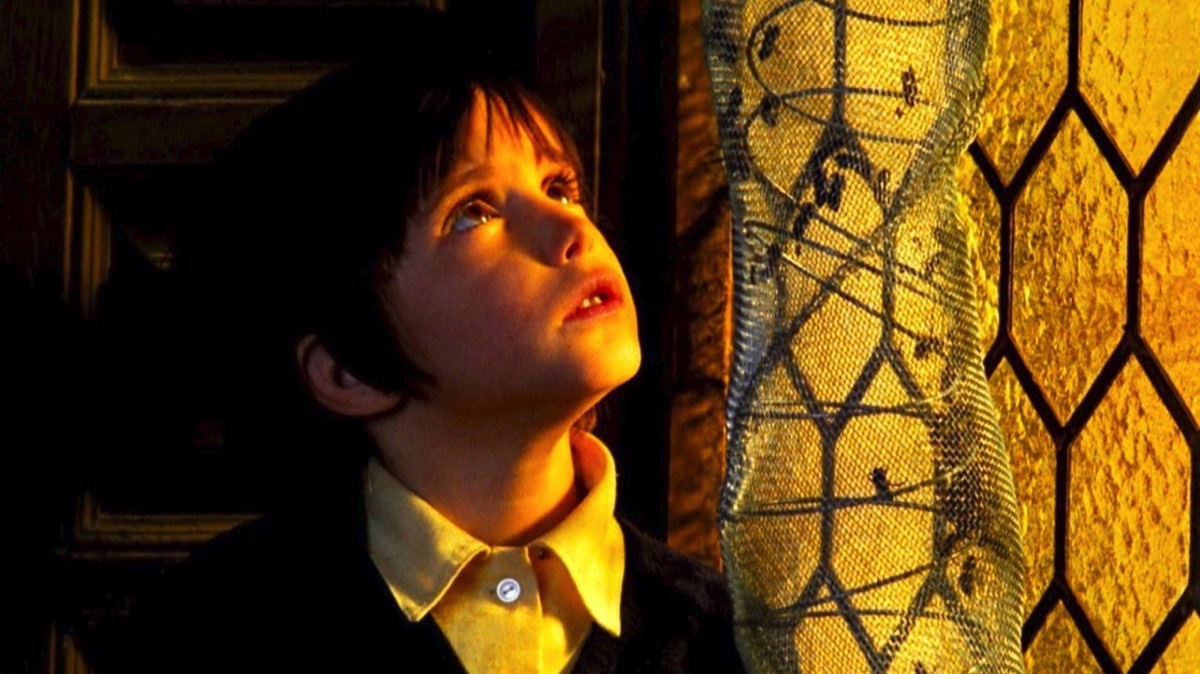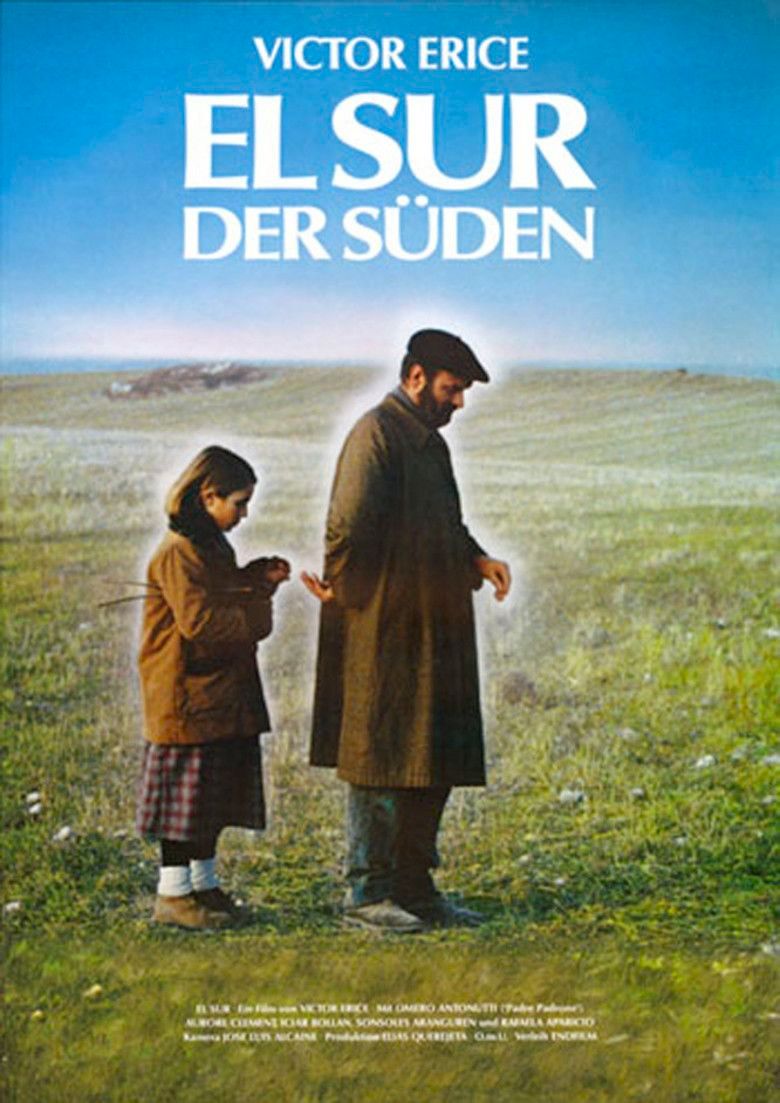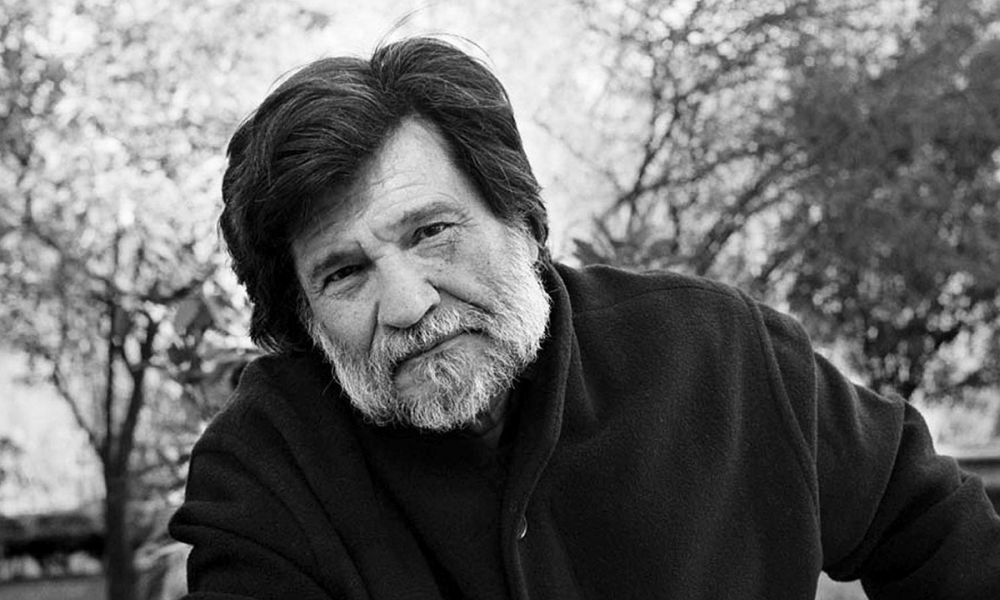"The sole complaint one can make against Víctor Erice is actually a high compliment: the man simply doesn't work often enough. From his epochal start more than thirty years ago, Erice has made a grand total of three features, each a pensive, richly suggestive masterpiece." - Jessica Winter (The Rough Guide to Film, 2007)
Víctor Erice
Director / Screenwriter
(1940- ) Born June 30, Karrantza, Vizcaya, País Vasco, Spain
Top 250 Directors
(1940- ) Born June 30, Karrantza, Vizcaya, País Vasco, Spain
Top 250 Directors
Key Production Country: Spain
Key Genres: Drama, Psychological Drama, Short Film, Childhood Drama, Documentary
Key Collaborators: Elías Querejeta (Producer), Pablo G. del Amo (Editor)
Key Genres: Drama, Psychological Drama, Short Film, Childhood Drama, Documentary
Key Collaborators: Elías Querejeta (Producer), Pablo G. del Amo (Editor)
"Erice's career as a director bears a resemblance to that of the late Danish director Carl Theodor Dreyer: he directs features about once a decade, each graced with a sublime and meditative quality." - The Film Encyclopedia, 2012
"When his first feature film was released in 1973, The Spirit of the Beehive created a sensation among Spanish audiences and intellectuals. Erice was highly touted as a leader among Spain's newer young, intellectual filmmakers, including Alvaro del Amo and Jaime Chavarri... Among other Spanish filmmakers, Erice has the reputation of a loner. He is the most secretive of film directors. He may work in publicity and TV commercials, but demands absolute privacy concerning his personal and professional life." - Ronald Schwartz (Spanish Film Directors 1950-1985, 1986)

The Spirit of the Beehive (1973)
"Although Víctor Erice has completed few films, he is one of the most distinctive artists working in the medium today. A former critic, he won international acclaim with his first feature The Spirit of the Beehive (1973), an elliptical, densely allusive work about a small girl growing up in rural Spain just after the Civil War... Sadly, several Erice projects have never been filmed." - Geoff Andrew (501 Movie Directors, 2007)
"Erice’s journey into cinema began with a strong influence from art and literature, which continue to inform his work. His films often incorporate references to paintings, books, and other cultural artefacts, effectively blending many artistic expressions into his narrative constructs. His feature films and documentaries demonstrate this thoughtful and evocative style, where keen attention to detail allows socio-political undertones to surface subtly, reflecting the climate of Spain, especially during Franco’s dictatorship." - Bronze Screen Dream
"Downbeat and emotionally subtle Spanish director of such luminous masterpieces as The Spirit of the Beehive (1973), El Sur (1983) and that punctilious and absorbing paean to artistic creation, The Quince Tree Sun (1992), Erice has stayed resolutely clear of Hollywood and its manifold temptations, and seems content to turn out roughly one exquisite and well-thought out film each decade. His philosophically inclined filmic meditations move slowly, but reward those with patience enough to follow them through to completion." - Mario Reading (The Movie Companion, 2006)
"Víctor Erice is recognised as one of the most distinguished but least prolific of film directors, having made only three films in thirty years. He has worked extensively as a film critic and his output has been stylistically compared to that of the distinguished Danish director Carl Theodor Dreyer." - The Movie Book, 1999
"Spanish director, the most respected but least prolific of his time. Erice has made only three features in thirty years, yet his reputation has never been higher in Spain and abroad. Educated at the Escuela Oficial de Cinematografía, Erice was prominent in attacking the Francoist cinema of his youth. His first work, an episode in the collective Los desafíos/The Challenges (1969), already features the elliptical narrative typical of the so-called Francoist aesthetic which he would take to new heights." - Paul Julian Smith (Encyclopedia of European Cinema, 1995)
"Víctor Erice has directed just three features and two shorts in a little over thirty years (the shorts, included in portmanteau films, bookend the three features he has made roughly ten years apart). In its studied and contemplative approach to cinema, as well as its meagre productivity, Erice’s career can be compared to that of Carl Dreyer and Terrence Malick. The connections to the work of these great, visionary filmmakers do not end there. Like Malick & Dreyer, Erice is a filmmaker who explores his environments through precise, lyrical, light-filled or filtered compositions. He also presents characters that are inseparable from or mired in particular times, spaces and historical moments." - Adrian Danks (Senses of Cinema, 2003)
"Everyone has the capacity to create and recreate within them. And a film doesn't exist unless it is seen - if there are no eyes to look at the images, the images don't exist. When I've finished a film, it's no longer mine - it belongs to the people. I'm nothing more than an intermediary in the process." - Victor Erice
Selected Filmography
{{row.titlelong}}
GF Greatest Films ranking (★ Top 1000 ● Top 2500)
21C 21st Century ranking (☆ Top 1000)
T TSPDT R Jonathan Rosenbaum
21C 21st Century ranking (☆ Top 1000)
T TSPDT R Jonathan Rosenbaum
Víctor Erice / Favourite Films
Au hasard Balthazar (1966) Robert Bresson, Bicycle Thieves (1948) Vittorio De Sica, City Lights (1931) Charles Chaplin, Earth (1930) Alexander Dovzhenko, The Kid (1921) Charles Chaplin, The Man Who Shot Liberty Valance (1962) John Ford, Nazarín (1958) Luis Buñuel, The River (1951) Jean Renoir, Sansho the Bailiff (1954) Kenji Mizoguchi, They Live by Night (1948) Nicholas Ray, Tokyo Story (1953) Yasujiro Ozu, Zero for Conduct (1933) Jean Vigo.
Source: BAMPFA (2015)
Au hasard Balthazar (1966) Robert Bresson, Bicycle Thieves (1948) Vittorio De Sica, City Lights (1931) Charles Chaplin, Earth (1930) Alexander Dovzhenko, The Kid (1921) Charles Chaplin, The Man Who Shot Liberty Valance (1962) John Ford, Nazarín (1958) Luis Buñuel, The River (1951) Jean Renoir, Sansho the Bailiff (1954) Kenji Mizoguchi, They Live by Night (1948) Nicholas Ray, Tokyo Story (1953) Yasujiro Ozu, Zero for Conduct (1933) Jean Vigo.
Source: BAMPFA (2015)
Víctor Erice / Fan Club
Manuel Asín, Geoff Andrew, Adrian Danks, Jaime Pena, Fernando Lara, Sergio Wolf, Arthur Harari, Monte Hellman, Roger Koza, Carlos F. Heredero, Miguel Marías, Derek Malcolm.
Manuel Asín, Geoff Andrew, Adrian Danks, Jaime Pena, Fernando Lara, Sergio Wolf, Arthur Harari, Monte Hellman, Roger Koza, Carlos F. Heredero, Miguel Marías, Derek Malcolm.
"Fan Club"
These film critics/filmmakers have, on multiple occasions, selected this director’s work within film ballots/lists that they have submitted.
These film critics/filmmakers have, on multiple occasions, selected this director’s work within film ballots/lists that they have submitted.


